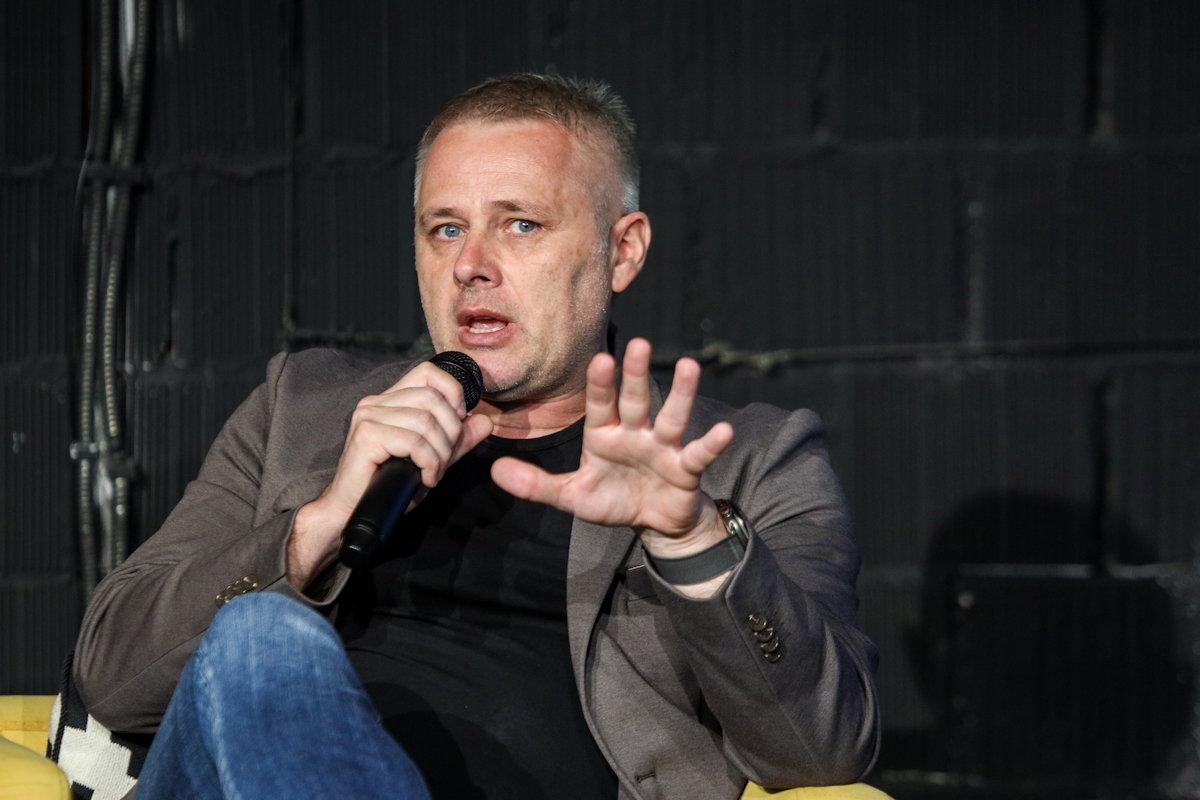’The mass murders at Ribnikar, in Malo Orašje, and Dubona have seriously disturbed us, and the immediate consequences of the tragedy have spread in concentric circles, from the epicentre to the society as a whole, to become a collective traumatic experience’, said Tamara Džamonja Ignjatović, psychologist, at A Cup of Coffee with a Psychologist panel entitled: ‘Trauma that does not subside – Marking a year after the mass murders at Ribnikar, in Malo Orašje, and Dubona’.
‘Lots of things have been done in order to mitigate those consequences and lots of things happened that have obliterated the effects of the aid that we had sincerely tried to organise on a voluntary basis from the very first day’, said Džamonja Ignjatović, pointing out that about 200 psychologists volunteered within the first 24 hours after the tragedy, to help in overcoming the trauma and that empathy certainly and genuinely existed.
‘When you look at the degree of traumatisation that we have experienced a year ago, the number of victims is huge, and the society should have responded to those needs; however, the system was not prepared for such a situation in that moment, and there were no ready-made solutions,’ maintained Džamonja Ignjatović, pointing out that there are lots of things left that can still be done in the area of prevention. According to her, one of the things that should be done is to establish a regional centre for trauma victims and crisis intervention, which would act as the central body for information and coordination of aid provision, directing towards other types of aid, as well as establishing regional communal centres for mental health and family counselling centres throughout Serbia.
Igor Jurić, activist, said that there is empathy in our society, yet very often people do not know how to react and behave in presence of those who have lost someone. Talking about the tragedy he himself had experienced, Jurić pointed out that he had suffered from severe depression for three months after his daughter’s death, looking for a purpose in continuing his life further.

‘I have realized that, however absurd it may seem, I have to live my life and be happy for what I had had, and not sad for what I lost. The loss of my child taught me some difficult but valuable lessons. I have learnt that although I cannot control what will happen, I can control how I will react to such events. I was lucky I did not feel hate and I found a way to pay tribute to Tijana. I devoted my life to fighting for a society in which a search for a missing child would start immediately, in which everyone would have access to necessary psychological and legal aid, regardless of their financial situation, in which those who resort to hurting those who are most vulnerable would receive an adequate sentence and in which every child would get a chance for a real, carefree childhood,’ said Jurić.
Veran Matić, journalist, stated that ‘the reaction to these crimes was one of the worst defeats that the Serbian society has suffered’.
‘Lots of mistakes have been made. There was no consistent reaction by the institutions, which only generated new traumas’, said Matić, adding that ‘the state must be emphatic by default; it must stand up for protection of those most vulnerable, and in this moment these are the families and friends, the pupils and students who have continued attending the school. It must prevent further retraumatisation of the society by solving problems in an efficient manner.’
A Cup of Coffee with a Psychologist panels are organised by Hemofarm Foundation in partnership with the University of Belgrade Faculty of Philosophy and Dorćol Platz Art Commune and are part of the Unbreakable campaign for fighting depression and stigma.